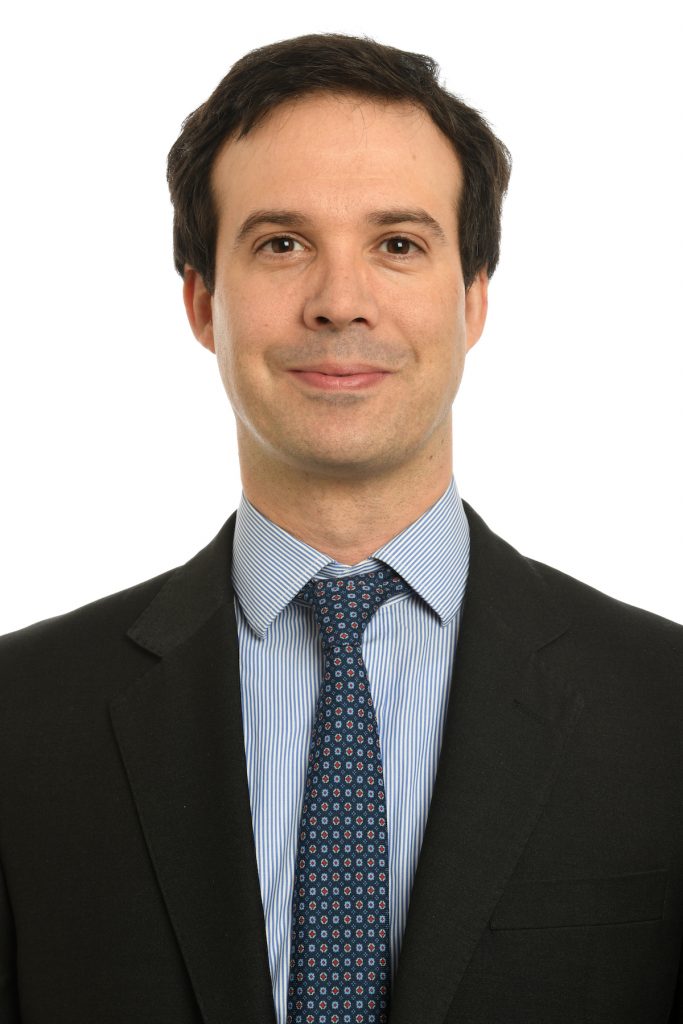 By Dr Alberto Nunez Elvira, Research Associate, Centre for Health Policy, IGHI
By Dr Alberto Nunez Elvira, Research Associate, Centre for Health Policy, IGHI
Having a background in economics, I have always cared about improving resource allocation, accountability and making a positive impact in policymaking. Working in health economics helps me to fulfil these goals and improve decision-making in health policy from different standpoints.
I never planned to work in health economics. Indeed, I did not even know this area existed until I enrolled in a postgraduate programme in Economics, after which I became fascinated. I specialised in the area doing an MSc in Health Economics at the University of York and embarked on a doctorate at Lancaster University afterwards.
I really enjoy the diversity of topics in health economics. It covers chronic diseases and addictions to providing incentives in healthcare markets, inequalities, waiting times, the labour supply of health workers and so much more.
As a Research Associate, I use a research design called ‘quasi-experimental methods’ to evaluate the effectiveness of different provider incentives in specialised services in England, under the Commissioning for Quality and Innovation framework. Specialised services provide care for patients with complex and rare diseases. They are delivered only by a few health providers within the NHS.
The project is fascinating as well as challenging. It covers different schemes in areas such as cancer, trauma, internal medicine, mental health, women and children and other general schemes that I never imagined working on. On the other hand, sometimes it requires understanding clinical concepts that I am less familiar with. This requires high programming and quantitative skills which can be very challenging and may entail investing some time searching for answers.
Although this can make you feel frustrated or overwhelmed, the job is very rewarding for many reasons. Firstly, I am thankful that I can learn something new every day so my job is never dreary. Indeed, the role provides you with a comprehensive skills toolkit that makes you a better researcher. Furthermore, it has been an excellent opportunity not only to expand my experience in health economics, but also to meet my great colleagues. I really like interacting with workmates either at work or out of the office playing a game of table tennis or taking part in any other social activities. Also, I have met more people with different backgrounds, from senior academics from other universities to NHS managers and heads of department.
The current COVID-19 pandemic has put a spotlight on health systems that need to be strengthened to minimise the impact of future pandemics. Moreover, it has raised awareness of the importance of improving resource allocation, and carrying out economic evaluations of new drugs, treatments, vaccines and health technologies. It has also emphasised how crucial it is to look after our health workforce by improving workforce planning, recruitment, retention and motivation. So, I am optimistic that health economics will continue contributing answers to all these questions by helping policymakers come to the best decisions.